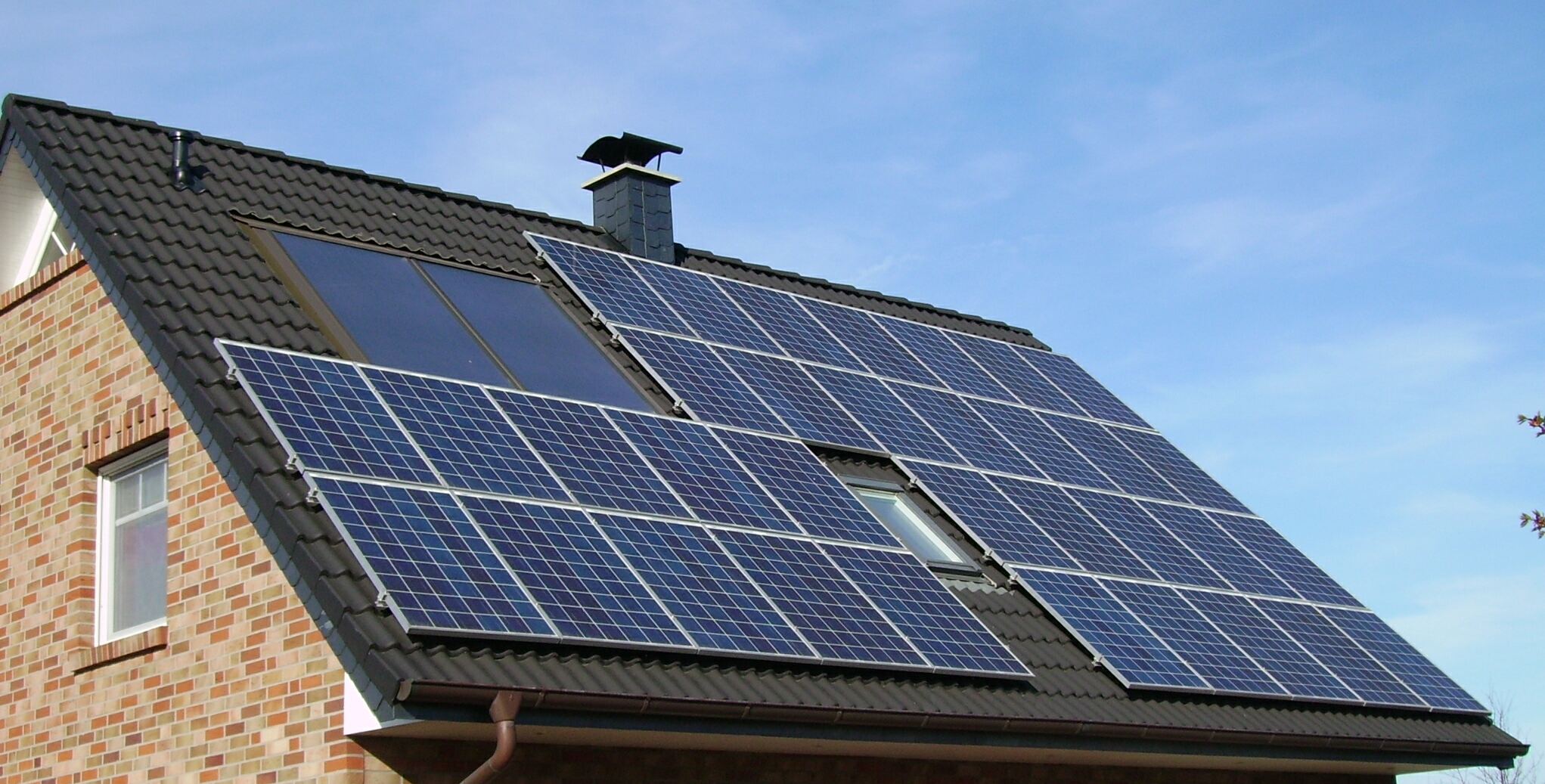Editor,
I found KK’s recent letter interesting in that he, as an experienced solar installer, recommends DC coupled systems. In particular, I would like him to expand on how his clients cope with using DC rather than AC on their properties and how and where they buy DC appliances, tools, pumps, et cetera. I understand that battery-powered electronics and tools are ubiquitous and well tested, but in general the batteries have voltages from 1.5 to 18 volts or so and the chargers accommodate that by plugging into 110 volt AC. Do his clients use small point load inverters for this? Where can you easily buy DC-powered clothes washers and other household appliances, for instance? Would they not have different voltage requirements? My understanding is you cannot take power (different voltages) off of different points in a battery bank as that creates long-term difficulties. Do not lower DC voltage systems require large size wiring to be run throughout a home? My deep well required 400′ of #10 cabling to accommodate the 240 volt 1 1/2 hp submersible pump. I’d hate to think of what the cabling cost would be for powering a DC pump at lower voltages, not to mention the cost of the nonstandard pump itself. The hassle of running a homestead on DC would seem to be huge. Everything electrical you bought would have to be specialized.
I use a 1600 watt solar system as my primary power source without much consideration in not being grid tied. I do that by using a MagnaSine 4kw 24v-240v inverter that has run continuously for four years without issue. My backup 240 volt generator runs power through the inverter to charge my batteries and also run the homestead when we have long cloudy periods. How would KK do this with a DC coupled system? While it adds cost and complexity, as it’s one more piece of equipment, it would seem at least to me that an inverter and a conventional 110v/240v homestead is more than worth it. Perhaps K.K. could write an article on DC coupled systems. As an experienced installer, an article from him would be most informative and welcome.
K.K. Responds: It sounds like a DC Coupled system.
DC or AC coupled simply refers to the relationship between the PV panels and the batteries (or grid). An example of AC coupled: a PV string inverter converts the DC power from the PV panel into AC power and sends it to another AC battery based inverter (in an off-grid situation) that changes it back into DC voltage and charges the batteries. An example of DC coupled: PV panel sends its DC power to a charge controller that regulates the DC power into the batteries. An AC inverter is also installed on the battery bank to provide AC power to loads in the house.
Here is a short article and an informative video on AC coupling. Going all DC is difficult as pointed out. I don’t advocate going all DC, but having as much DC equipment as possible will increase efficiency and in most cases will increase durability as well.










